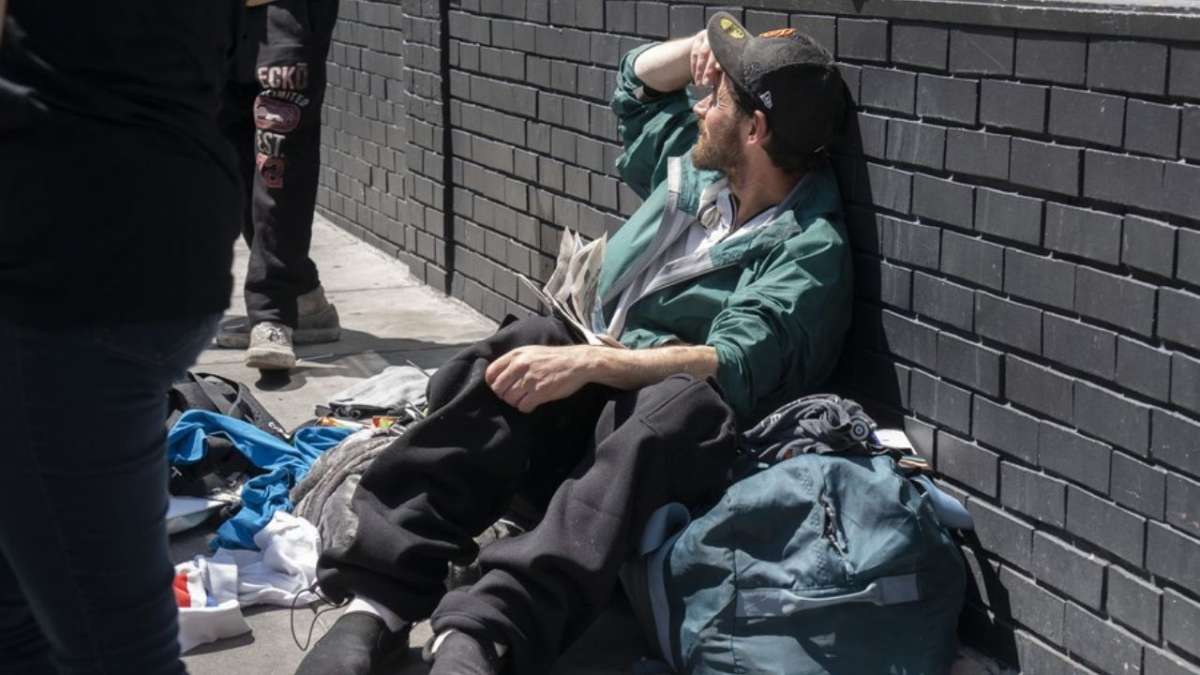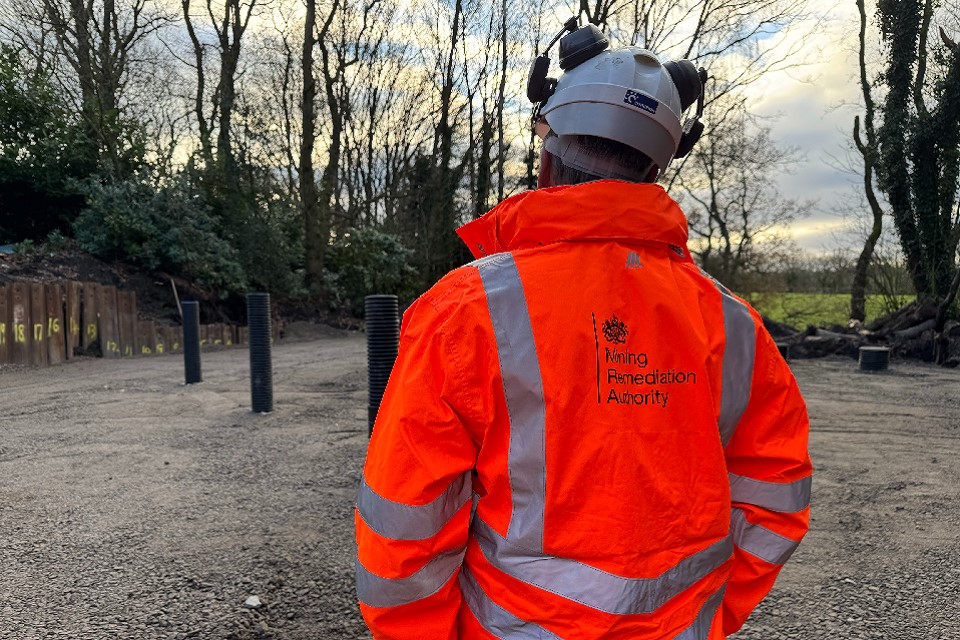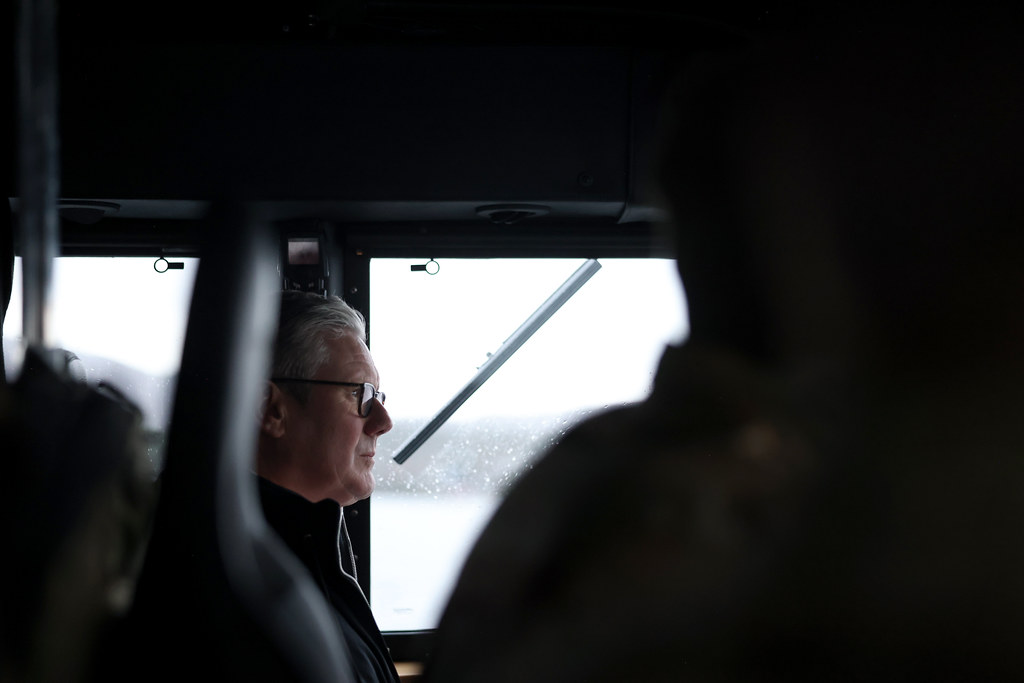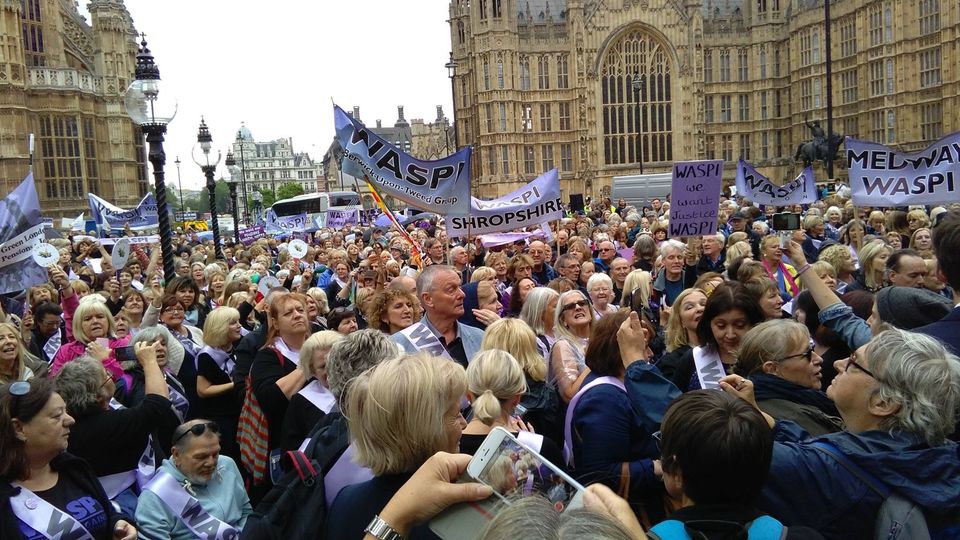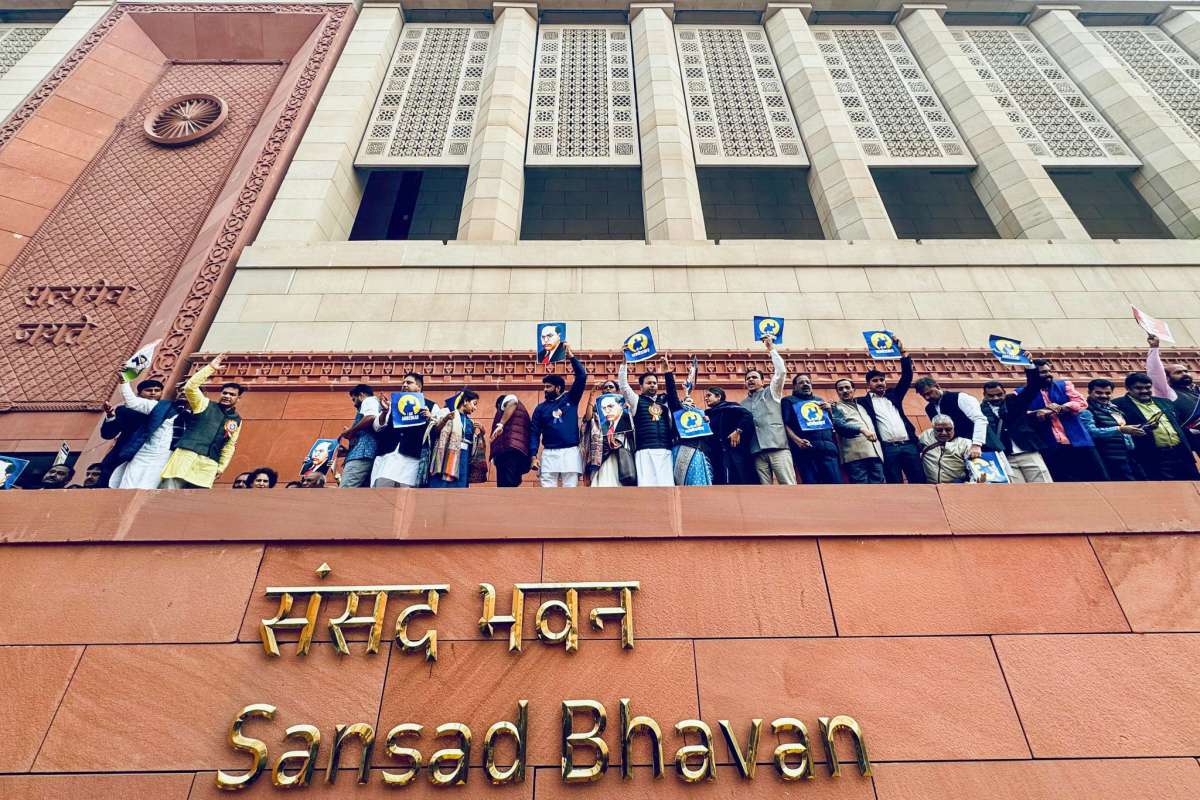Poverty campaigners have long believed that cash transfers are the most cost-effective way of helping people, but most studies have examined schemes in developing countries. …reports Asian Lite News
Researchers are conducting the UK’s first major scientific trials to establish whether giving homeless people cash is a more effective way of reducing poverty than traditional forms of help.
Poverty campaigners have long believed that cash transfers are the most cost-effective way of helping people, but most studies have examined schemes in developing countries.
The new study, funded by the government and carried out by King’s College London (KCL) and the homelessness charity Greater Change, will recruit 360 people in England and Wales. Half will continue to get help from frontline charities. The other half will get additional help from Greater Change, whose support workers will discuss their financial problems then pay for items such as rent deposits, outstanding debts, work equipment, white goods, furniture or new clothes. They do not make direct transfers to avoid benefits being stopped due to a cash influx.
Professor Michael Sanders, who runs KCL’s experimental government unit, said: “What we’re trying to understand is the boundary conditions for cash transfers. When does it work? For whom does it work? What are the amounts you need to give people in order to make it work?”
One of the first cash transfer schemes was in Mexico in 1997 and since then they have been used around the world. But most evidence is from low and middle-income countries, and there has been opposition from politicians and the public, who often believe people will spend the money unwisely. Last year researchers in Canada found that giving CA$7,500 (£4,285) to 50 homeless people in Vancouver was more effective than spending money housing them in shelters, and saved around CA$777 (£443) per person.
Small-scale studies have taken place in the UK, such as a scheme by the Joseph Rowntree Foundation in 2012 which helped 12 rough sleepers, but Sanders said these are believed to be the first large-scale studies. As well as the trial with Greater Change, KCL researchers are working on four other similar studies. Greater Change has helped around 1,300 rough sleepers and other homeless people in London and Essex over the last six years.
“On average, every person we help saves around £35,000 [in public spending],” Jonathan Tan, the charity’s co-founder, said. About half of their clients have been involved in the criminal justice system.
Government figures show 13% of prisoners become homeless after release, putting them at greater risk of reoffending. Some have told the Observer they re-offended in order to return to prison – the reoffending rate in England and Wales was 33.2% in 2022 for offenders released from custody or starting a court order.
“We know that of our ex-offending cohort, who are prison leavers, fewer than 9% of them have reoffended 12 months on,” Tan said. The charity says 86% of the people it helps out of homelessness are not homeless 12 months later. The KCL study is a way of establishing whether or not that success comes from dealing with easier cases.
“We don’t think it is because they probably send us the more entrenched cases,” Tan said. “But we won’t know til the randomised control trial finishes.”
Meanwhile, homelessness among refugees has doubled in the last year to reach record levels as charities hand out tents and sleeping bags to those forced to live on the streets for the first time, according to research.
The No Accommodation Network (Naccom), an umbrella organisation for 140 frontline organisations working with asylum seekers, refugees and other migrants across the UK, has collated the data and shared it with the Guardian.
It reveals a 99% increase in refugee homelessness in the last 12 months, with 1,941 refugees finding themselves without accommodation. When including asylum seekers and other migrants, the number regarded as destitute or homeless rises to 4,146. A total of 850 people were recorded as sleeping rough, a 125% increase on last year’s figure.
According to Naccom these are the highest numbers they have ever dealt with. “There is a refugee homelessness emergency,” their report concludes. It adds that charities are left to fill the gap and provide a vital safety net due to significant gaps in statutory services and a “hostile environment” for refugees and other migrants.
The rise is put down in part to the large backlog in asylum claims, and the last government’s attempts to clear that. While refugees and charities welcome the speedier processing of protection claims, they say there is not enough affordable housing available in the private rented sector.
For the first time, members of the Naccom network provided more than half a million nights of accommodation – 501,371 – to those in need, 51% more than in 2021-22.
Around half of refugees managed to access private rented accommodation. Charities have put in place a range of other options, sometimes working with local authorities. Hosting has become a successful, albeit temporary, option.
Use of night shelters has risen and 288 properties have been made available by Naccom organisations to accommodate 1,543 people, either for no rent or a peppercorn rent. A new model added to the mix is lodging which, unlike hosting where no money changes hands, asks people to pay an affordable rent from their wages or housing benefit.
Recommendations for change include extending the Home Office move-on period after someone is evicted from asylum accommodation from 28 to 56 days, and ending “hostile environment” policies more broadly.
Bridget Young, the director of Naccom, said: “Our research shows that thousands of people each year are needlessly pushed into destitution as they go through the asylum and immigration system. Urgent change is needed to ensure that the system doesn’t keep driving up levels of homelessness.”
A government spokesperson said: “We have inherited huge pressures in the asylum system, but we are working to make sure individuals have the support they need following an asylum decision and to help local authorities better plan their assistance with homelessness.
“Support for newly recognised refugees is available through Migrant Help and their partners, which includes advice on how to access universal credit, the labour market and where to get assistance with housing.”
ALSO READ: Labour left urges PM to speak up for human rights on Saudi trip
